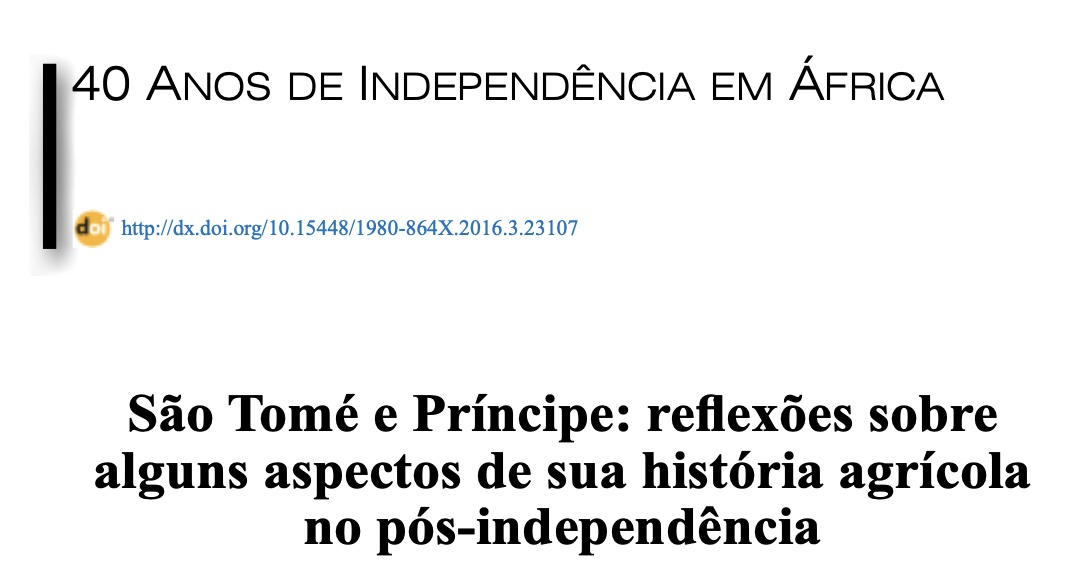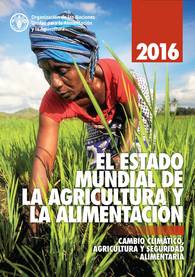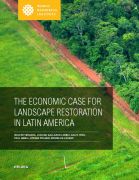Taking context into account in urban agriculture governance: Case studies of Warsaw (Poland) and Ghent (Belgium)
This article explores the role of local particularism in relation to the global interest in urban agriculture (UA). A growing movement is advocating UA, but future prospects are limited by variability, unclear expectations, vague responsibilities and leadership in the UA movement. We wonder whether the poor understanding of UA governance is associated with a public discourse and academic literature that too easily adopt the generic and universally claimed benefits.










